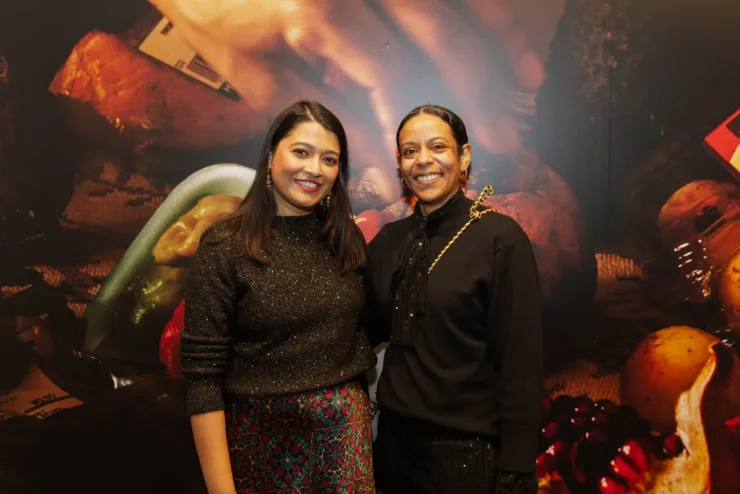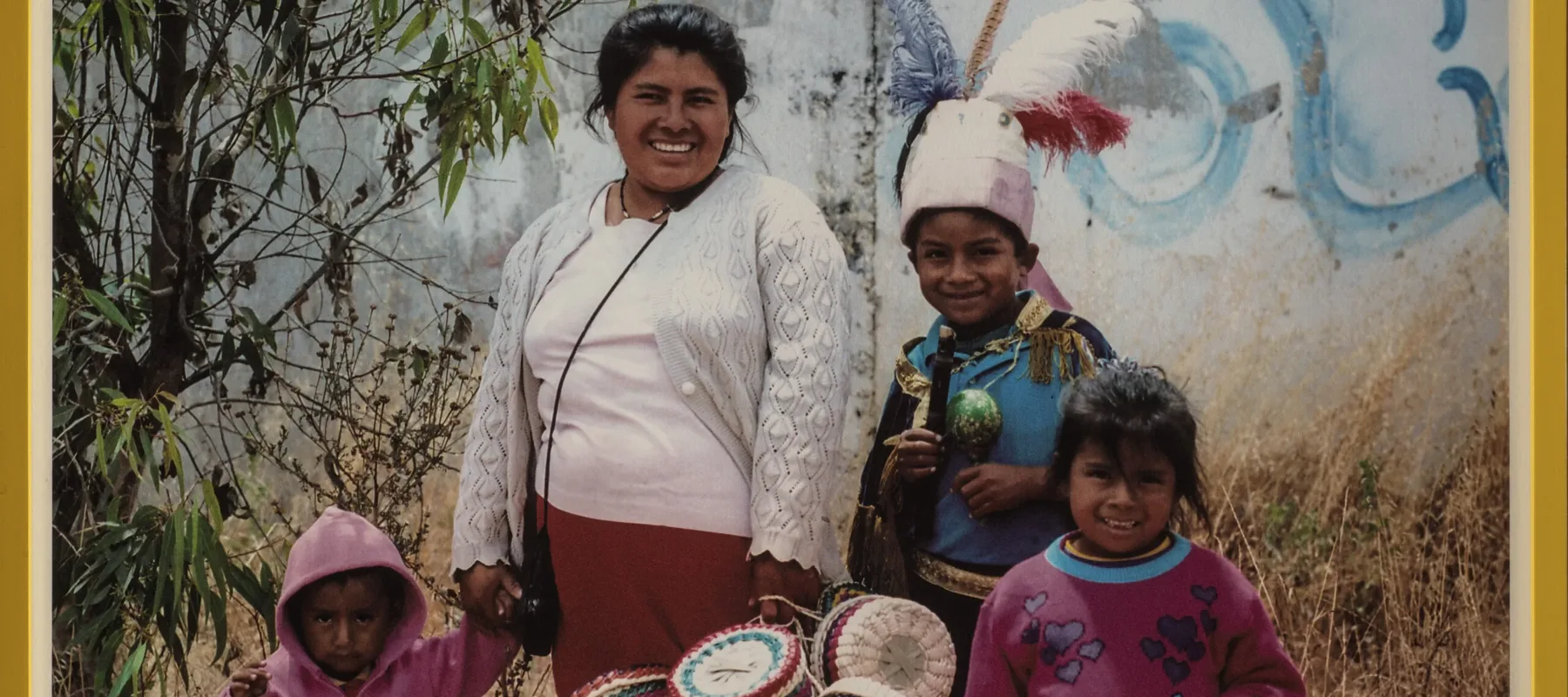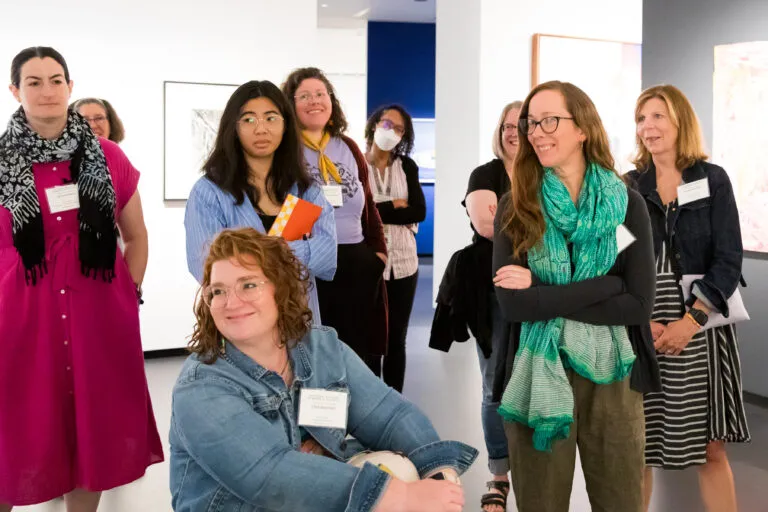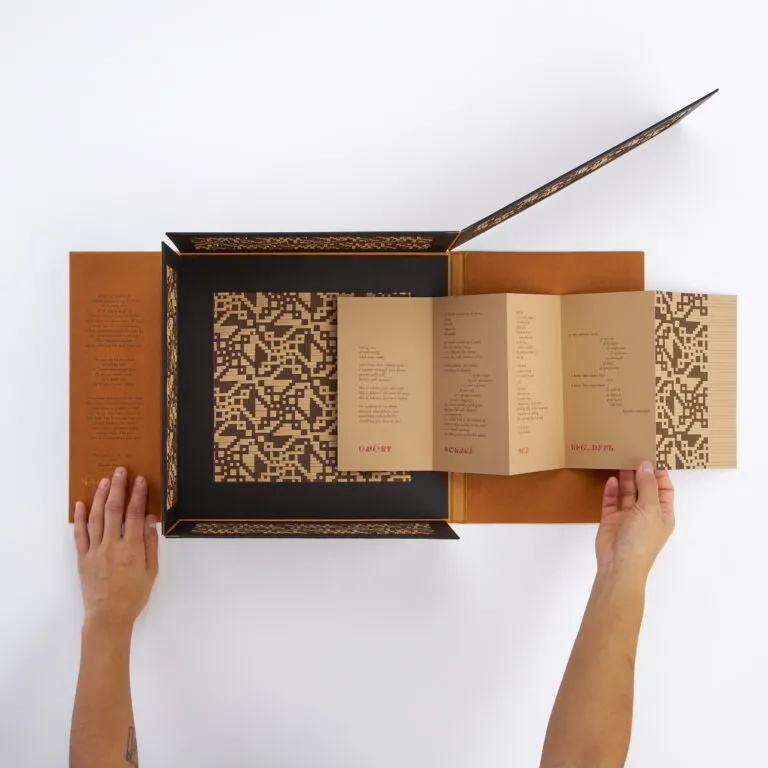Event Description
About the Session: Visual Thinking Strategies
Learn about and practice Visual Thinking Strategies, a learner-centered facilitation method that encourages looking closely at art and visual culture and fosters collaborative, inclusive, community-building dialogue.
About the Instructor
Kris Grey (pronoun flexible: they/she/he) is a New York City-based transgender artist who uses their body as raw material, often presenting themselves in states of extreme vulnerability as an invitation to experience transcendence or discover hidden queer histories. Grey’s cultural work includes curatorial projects, teaching, performance, writing, and studio production in ceramics.
A certified VTS trainer, Grey has been studying and practicing Visual Thinking Strategies facilitation for six years. Grey currently teaches undergraduate and graduate courses at Parsons School of Design at the New School where they incorporate VTS facilitated conversations as a tool to shift the pedagogy of visual art critique. In addition to university teaching, Grey has over 15 years of experience in arts non-profit administration and museum education, formerly filling the role of Director for Education and Visitor Experience at the Leslie-Lohman Museum of Art in Manhattan.
Grey’s writing titled, “Trans*feminism: fragmenting and re-reading the history of art through a trans* perspective”, was published by Manchester University Press in “Otherwise: Imagining Queer Feminist Art Histories”. They earned a Bachelor of Fine Arts from the Maryland Institute College of Art and a Master of Fine Arts from Ohio University. They perform, teach, and exhibit internationally.
About the Virtual Educator Camp Series
NMWA’s Virtual Educator Summer Camp is designed for all educators, school teachers, adults supporting students learning remotely, home school instructors, and scout leaders. Inspired by the Art, Books, and Creativity (ABC) Institutes and NMWA’s collection, sessions are hands-on, participatory, and fun. Sessions will explore the museum‘s collection and resources, introduce historic and contemporary women artists, and engage participants in experimental making and close looking. Guest instructors include artists and educators from around the country.
Participants will receive a recommended supply list, applicable digital resources, and a Zoom meeting link in advance of each session. Camp activities are designed to use materials and tools attendees might have at home, to encourage repurposing and seeing everyday objects in a new light. Session participants can request professional development certificates of completion reflecting total earned participation hours.




